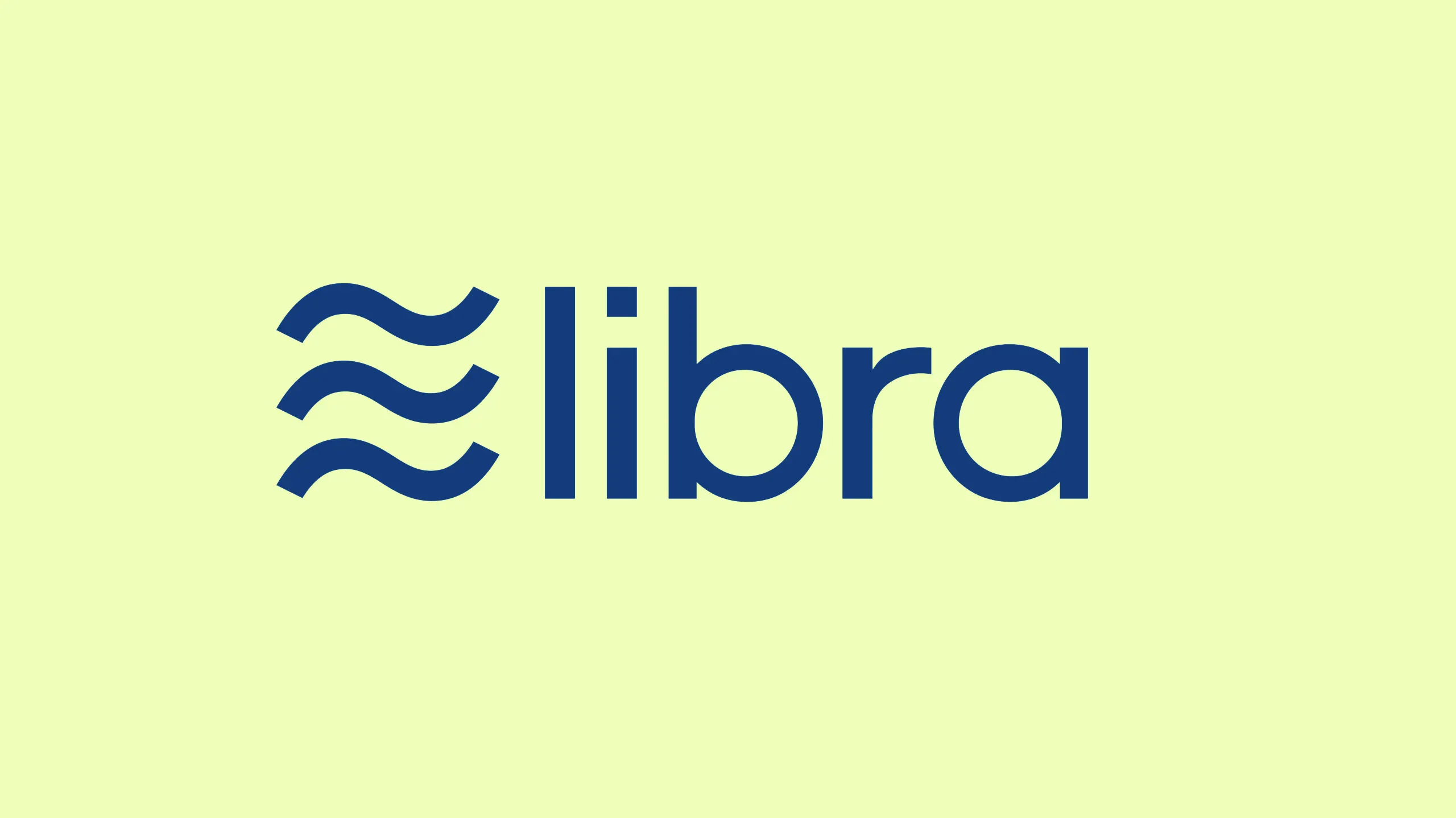In Brief
- Bloomberg quotes sources as saying Libra considering supporting fiat currencies.
- Libra Associations says there will still be a Libra coin however.
Facebook is considering recasting its proposed Libra cryptocurrency project so that the network accepts multiple national virtual coins—including one backed by the US dollar. That doesn’t mean that it’s given up on a Libra coin though. It’s just not doing that now.
Initially, Facebook planned for Libra to be a single global cryptocurrency representing a basket of stable assets. The lofty aim was to target the 1.7 million unbanked in the world, so virtually anyone could send money to and fro and across borders using just their phones.
Since Facebook unveiled those plans in June 2019, the Libra project has run up against one hurdle after another from global policymakers and regulators, leaving a lot of people wondering if the project would ever get off the ground.
Sources say
But Bloomberg reported today that the project is considering another idea: Citing three unnamed sources, the report said Facebook plans to run multiple virtual coins, including central bank digital currencies, on its blockchain network.
This would make Libra akin to traditional payment systems such as PayPal or Venmo—a far cry from the grandiose plans the project spoke about at length all last summer.
Yet Facebook hasn’t given up on a Libra coin completely. The sources told Bloomberg that the project may still introduce Libra soon. And Dante Disparte, Libra’s head of policy and communications, said in a statement emailed to Decrypt:
“The Libra Association has not altered its goal of building a regulatory compliant global payment network, and the basic design principles that support that goal have not been changed nor has the potential for this network to foster future innovation.”
News, but nothing new
Running national currencies on the Libra platform would be easy enough to pull off. It’s certainly a lot easier than coming up with a multi-asset backed Libra coin.
“Running tokens on Libra is trivial,” said David Gerard, a long-time critic of the Libra project. He believes it would be no more difficult than doing so on any other blockchain that runs smart contracts.
However, Gerard thinks Libra doesn’t have a solid game plan, though likely it “really, really wants to do their coin according to their original plan.”
Running multiple currencies on the network is something Libra spoke about in the past. Both Facebook CEO Mark Zuckerberg and Head of Calibra David Marcus mentioned it months ago.
In a congressional hearing in October, Zuckerberg said: “I think that there’s already some discussion about whether it might make sense to build the kind of digital payment system that we’re talking about based on individual sovereign currencies rather than a kind of combination of these currencies into some new one. So that’s something that’s already being considered.”
The same month, at a banking seminar, Marcus said: “We could do it differently. Instead of having a synthetic unit ... we could have a series of stablecoins, a dollar stablecoin, a euro stablecoin, a sterling pound stable coin, etc. We could definitely approach this with having a multitude of stablecoins that represent national currencies in a tokenized digital form. That is one of the options that should be considered.” He stressed that this was not Libra’s preferred approach—but that Libra had to “demonstrate a lot of agility.”
But the fact that Libra is putting the plan into action now, may mean that it simply needs to pull something out of its hat sooner than later. The bigger problem for Libra is that if it does offer tokens backed by single national currencies, that could ultimately weaken a Libra token backed by multiple currencies.
After all, why would you want to use Libra coin, when other options are available that you’ve been using for months?

